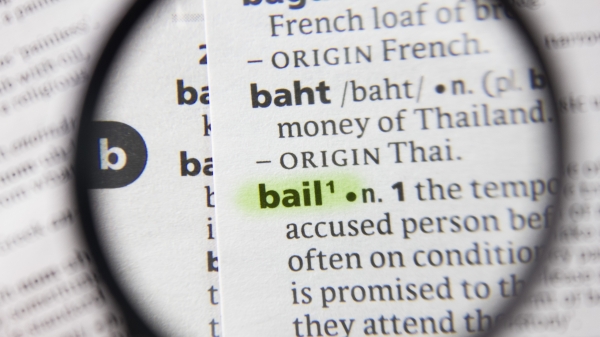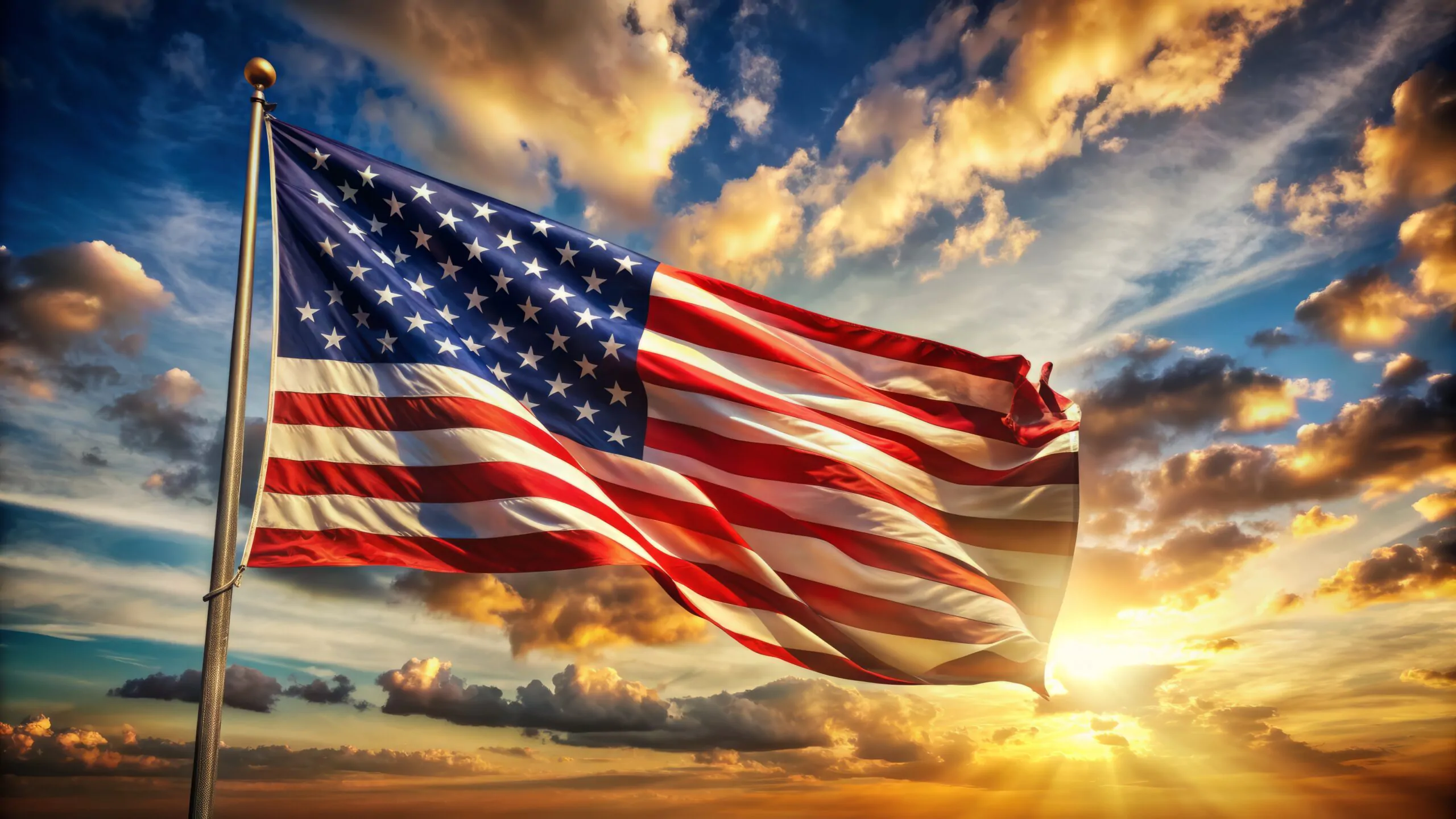It is often said that those who do not remember history are doomed to repeat it. George Santayana’s warning has been passed down through generations like a civic commandment. But perhaps the truth is harsher: history repeats itself not because we forget, but because human nature insists on it.
Even when we remember, we still yield to the same temptations—power, pride, fear, greed. These constants of human behavior are what drive nations to war, topple empires and corrupt governments. Thucydides, writing nearly 2,500 years ago about the Peloponnesian War, observed that the motives of human action—honor, fear and interest—are unchanging. Swap out Athens and Sparta for Washington and Moscow, and the script hardly needs editing.
That is what makes our current politics so unnerving. We know where division leads. We have read the cautionary tales, studied the fractures that brought down Rome, the sectarian violence that tore apart Europe, the Civil War that split our own nation. And yet here we are, watching leaders elevate anger over wisdom, contempt over compromise, power over principle. It is not that they have forgotten history. It is that they do not believe it applies to them.
Human nature whispers otherwise. The lust for control, the intoxication of grievance, the refusal to see opponents as fellow citizens—these are not new inventions of the 21st century. They are old poisons repackaged in modern slogans. The only thing that changes are the names and faces of those who wield them.
We can already see the pattern repeating close to home. In Alabama, lawmakers have introduced legislation that would make it mandatory to recite the Pledge of Allegiance each morning, with schools risking funding if they fail to comply—mandatory patriotism enforced by the state. They have pushed to mandate the Ten Commandments in every public school classroom—mandatory religion cloaked as tradition. And they have advanced laws designed to strip away basic freedoms: the right to govern one’s own body, the dignity to care for one’s family, the ability to live life according to conscience. They want to force patriotism, they want to mandate piety, and they want to dictate the most private decisions of our lives. This is not freedom. It is control.
And at the national level, the drift is the same. We see an administration that talks endlessly of greatness while dismantling the guardrails of liberty. We see the Department of Justice twisted into a weapon of retribution. We see judges threatened, journalists vilified and protesters branded as enemies. We hear promises of punishment for political opponents, vows of loyalty tests and casual talk of silencing dissent. Freedom of the press, freedom of speech, freedom of assembly, freedom to vote—all freedoms once taken for granted are being tested, narrowed and attacked.
And make no mistake: when a free press is attacked, it is not just journalists who are silenced—it is citizens who are left in the dark. When courts are bent to the will of power, justice itself is warped. When elections are undermined, government ceases to be of the people and becomes a weapon against them. A nation that trades liberty for loyalty to one man has already begun to lose both.
Others have lived through this before. They tried to warn us. Franklin Roosevelt, in the midst of the Great Depression, said, “The only thing we have to fear is fear itself.” He understood that fear, once sanctified, becomes a political weapon more destructive than any enemy abroad. Dwight Eisenhower, a general who knew the true cost of war, cautioned Americans to resist “the politics of hate and division.” He saw how quickly contempt corrodes the very thing it pretends to defend. Abraham Lincoln, on the eve of civil war, declared: “A house divided against itself cannot stand.”
The warnings did not stop there. Martin Luther King Jr. reminded us that “injustice anywhere is a threat to justice everywhere.” Vaclav Havel, who endured communist dictatorship, observed: “The truth is not simply what you think it is; it is also the circumstances in which it is said, and to whom, why, and how.” And more recently, Madeleine Albright, herself a refugee from fascism, cautioned: “It is easier to remove a tyrant at the beginning than at the end.”
What are we building here if not the very thing Sinclair Lewis, journalist and author, warned us about? In his 1935 novel It Can’t Happen Here, Lewis imagined how fascism might rise in America—not with foreign uniforms and swastikas, but with patriotic slogans and pious displays. His fictional strongman, Senator Buzz Windrip, promised greatness, stirred fear and demanded loyalty while dismantling liberty. To summarize his warning: when fascism comes to America, it will be wrapped in the Stars and Stripes and carrying a cross. That was his caution nearly a century ago. Today, it reads less like fiction and more like prophecy.
Susan and I, for the last twenty-plus years, have not traveled far outside our home in Alabama. First, we were caring for aging parents. Then came the building of the Alabama Political Reporter and The Voice of Alabama Politics—both works that demanded our full measure of time and devotion. Only over the past year have we been able to set aside the resources to once again explore Europe, especially Greece, the birthplace of democracy and the cradle of Western civilization.
Each day abroad has been a lesson. We walk among ruins where free men debated the role of government. We study art and philosophy that shaped the very idea of liberty. And we talk with people who see the United States from distant shores. Naturally, some conversations turn to our politics. Their verdict is nearly universal, and it is not flattering.
Yet there is also a strange reassurance in their voices. For those who come from nations that have endured in various forms for centuries—under kings, dictators and fragile democracies alike—there is perspective. They remind us that what seems unbearable in the moment will, in time, change. Republics wobble, governments falter, leaders rise and fall. Human folly repeats itself, but so does renewal.
And that is where the real choice lies. History does not write itself. We must decide how the story ends. Will we repeat the cycle—surrendering to grievance, division and control—or will we, at last, discipline our nature and bend the arc toward liberty?
The lesson is not that history condemns us. It is that we condemn ourselves when we refuse to learn from it. Democracy is never guaranteed. It is always fragile, always under threat, always demanding of its citizens. And now it demands something of us. Not tomorrow, not someday—now. If we want freedom to endure in Alabama, in America, and beyond, then we must act with courage, clarity and conviction. Because if we fail, history will not forgive us. And if we succeed, it will be because enough of us still believed that democracy is worth the fight.

















































